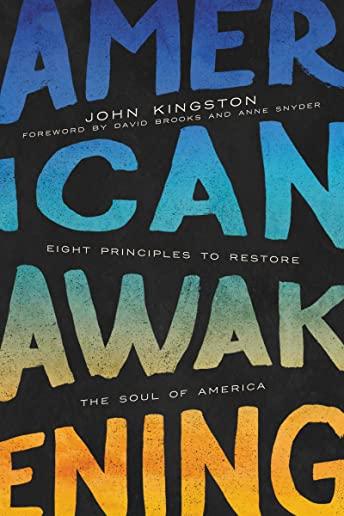
The mutual history of art, agriculture, and American identity as told through the theme of the harvest.
The harvest has traditionally been a productive season, both on American farms and in its artists' studios. Before the early nineteenth century, the ideal of the Jeffersonian yeoman, singly cultivating a subsistence plot for family use, dominated the American imagination; after World War II, the advent of big agribusiness proved less immediately attractive for artists. In We Gather Together, Charles C. Eldredge examines the period in between--when many Americans were farmers and much of America was farmland.
Organized in a series of case studies each devoted to a single crop, We Gather Together initially focuses on familiar commodity crops such as corn, wheat, and potatoes, and then expands to other yields by Native American harvesters and California floriculturists, as well as winter ice cutters and coastal seaweed gatherers. This novel history of agriculture and art traces parallel developments on land and canvas, highlighting breakthroughs in each field. Artists such as Winslow Homer, Doris Lee, and Georgia O'Keeffe are joined by innovators in agriculture, whether mechanical inventors such as Eli Whitney, John Deere, and Cyrus McCormick or genetic hybridizers such as Luther Burbank, W. Atlee Burpee, and Theodosia Shepherd. Surveying an astonishing amount of material and a wide range of paintings, prints, and other artworks from the nineteenth century to the mid-twentieth century, We Gather Together gorgeously demonstrates how the use of agricultural metaphors permeated American visual culture. The harvest, we see here, came to signify and dominate politics, poetry, and popular culture, ultimately representing a primary facet of American identity and nationhood.member goods
listens & views

RAVEL: DAPHNIS ET CHLOE / ...
by RAVEL / HAITINK / ROYAL CONCERTGEBOUW ORCH
COMPACT DISCout of stock
$13.99






